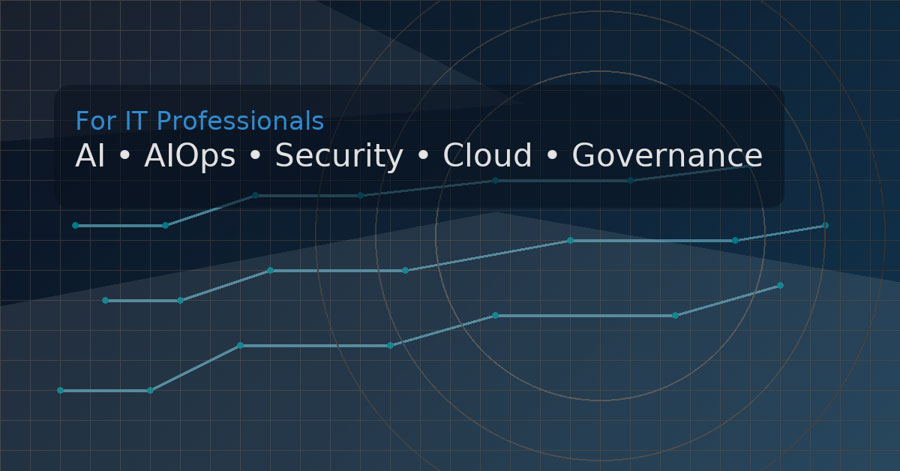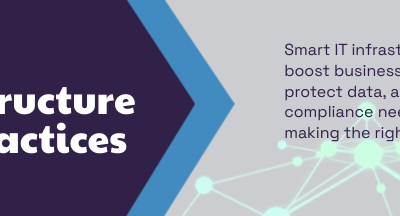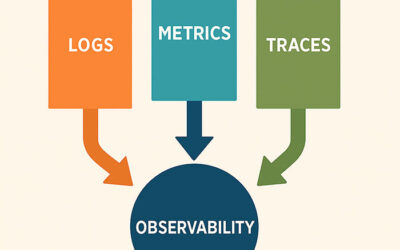From the rise of agentic AI to new regulations around cyber resilience, IT professionals need to stay ahead of the curve. Here are ten trends shaping the industry right now—and what they mean for your career.
1. AI Literacy Is the New Career Currency
Technical know-how is no longer enough—IT pros need AI fluency. The ability to evaluate AI outputs, build reliable prompts, and integrate AI ethically into workflows is becoming as important as coding or cloud skills. Employers are actively seeking professionals who can adapt and collaborate with AI at every level.
2. Rise of AI Agents and Synthetic Data
Enterprises are rapidly adopting AI agents that handle multi-step tasks autonomously. Synthetic data is also taking off, helping organizations train models without exposing sensitive information. IT pros who can design, deploy, and govern these systems will be invaluable.
3. Cybersecurity Tops the Hiring List
With automation taking over routine tasks, the biggest demand is in cybersecurity. Skills in threat detection, incident response, and compliance frameworks are in short supply—and highly rewarded.
4. Complexity Is Driving Burnout in MSPs
Managed Service Providers are reporting alarming burnout rates, driven by tool sprawl and rising IT complexity. The flip side? Companies are budgeting more for automation, AI-driven monitoring, and platform engineering to reduce overload. IT pros who can simplify environments will be key players.
5. Continuous Upskilling Is Non-Negotiable
Nearly 9 in 10 tech workers in leading hubs are enrolling in new certificate programs. Whether it’s AI, cloud, DevOps, or cybersecurity, continuous learning is now part of the job description. Stagnation isn’t an option if you want to stay competitive.
6. New Cybersecurity Regulations Are Coming
Regulation is catching up with reality. Expect stricter incident reporting requirements and increased penalties for delays. IT pros need to build compliance into their security strategies now.
7. Agentic AI and Governance Platforms Gain Ground
Organizations want AI that’s not only powerful but also accountable and transparent. Agentic AI (autonomous, goal-driven systems) and AI governance platforms are moving to the forefront—putting IT at the center of responsible AI implementation.
8. Microservices, Observability, and WASM
Microservices remain dominant but bring complexity. New practices like platform engineering, observability powered by eBPF, and WebAssembly (WASM) are emerging to improve performance, portability, and scalability.
9. AIOps Is Entering the Mainstream
Artificial Intelligence for IT Operations (AIOps) is delivering real value: proactive anomaly detection, faster incident resolution, and automatic infrastructure tuning. Familiarity with AIOps tools is quickly becoming a must-have for operations teams.
10. Outdated Software Is Still a Security Liability
Despite advances, unpatched systems continue to be a top attack vector. Expect AI-assisted patching and automated vulnerability management to become standard practice—and a strong career niche.
Staying Ahead
IT is no longer just about keeping the lights on—it’s about shaping how organizations operate in a digital-first world. Professionals who embrace AI, strengthen security expertise, simplify complex stacks, and commit to continuous learning will not only stay relevant, but lead the next wave of innovation.




